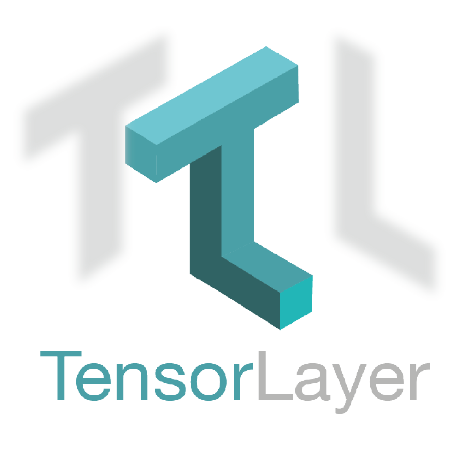Discover and explore top open-source AI tools and projects—updated daily.
KAIR by  cszn
cszn
PyTorch toolbox for image restoration research
Top 14.0% on SourcePulse
KAIR (Kai Zhang's Image Restoration) is a comprehensive PyTorch toolbox providing training and testing code for numerous state-of-the-art image restoration models. It targets researchers and practitioners in computer vision, offering a unified framework to experiment with and deploy models for tasks like super-resolution, denoising, and deblurring.
How It Works
KAIR implements a variety of deep learning architectures, including CNNs (DnCNN, FFDNet, SRMD, DPSR, USRNet) and Transformers (SwinIR, VRT). It supports both PSNR-oriented and GAN-based training, leveraging techniques like DataParallel and DistributedDataParallel for efficient multi-GPU training. The toolbox also includes utilities for model analysis, such as calculating FLOPs, parameters, and receptive fields.
Quick Start & Requirements
- Install:
git clone https://github.com/cszn/KAIR.gitfollowed bypip install -r requirement.txt. - Prerequisites: PyTorch, Python. Specific CUDA versions are not mandated but recommended for GPU acceleration.
- Resources: Requires datasets for training/testing (links provided in README). Pre-trained models are available for download.
- Docs: BasicSR Training/Testing
Highlighted Details
- Supports 10+ popular image restoration architectures including SwinIR, VRT, USRNet, DPIR, and ESRGAN.
- Includes code for practical image denoising and blind super-resolution.
- Offers utilities for analyzing model complexity (FLOPs, parameters) and receptive fields.
- Provides links to pre-trained models converted from MatConvNet and other sources.
Maintenance & Community
The project is primarily associated with Kai Zhang and the Computer Vision Lab at ETH Zurich. Recent updates include code releases for DiffPIR and RVRT. Links to community resources like Discord/Slack are not explicitly provided in the README.
Licensing & Compatibility
The README does not explicitly state a license. However, many included models reference original repositories with varying licenses (e.g., MIT, Apache 2.0). Users should verify compatibility for commercial or closed-source use.
Limitations & Caveats
The README does not specify a license, creating potential ambiguity for commercial use. While it supports distributed training, detailed setup instructions for complex multi-node configurations are not provided. Some older models might require specific older dependency versions.
1 year ago
1 day

 kyegomez
kyegomez Fayeben
Fayeben teddykoker
teddykoker Phhofm
Phhofm tensorlayer
tensorlayer bahjat-kawar
bahjat-kawar pclucas14
pclucas14 openai
openai huggingface
huggingface open-mmlab
open-mmlab dragen1860
dragen1860